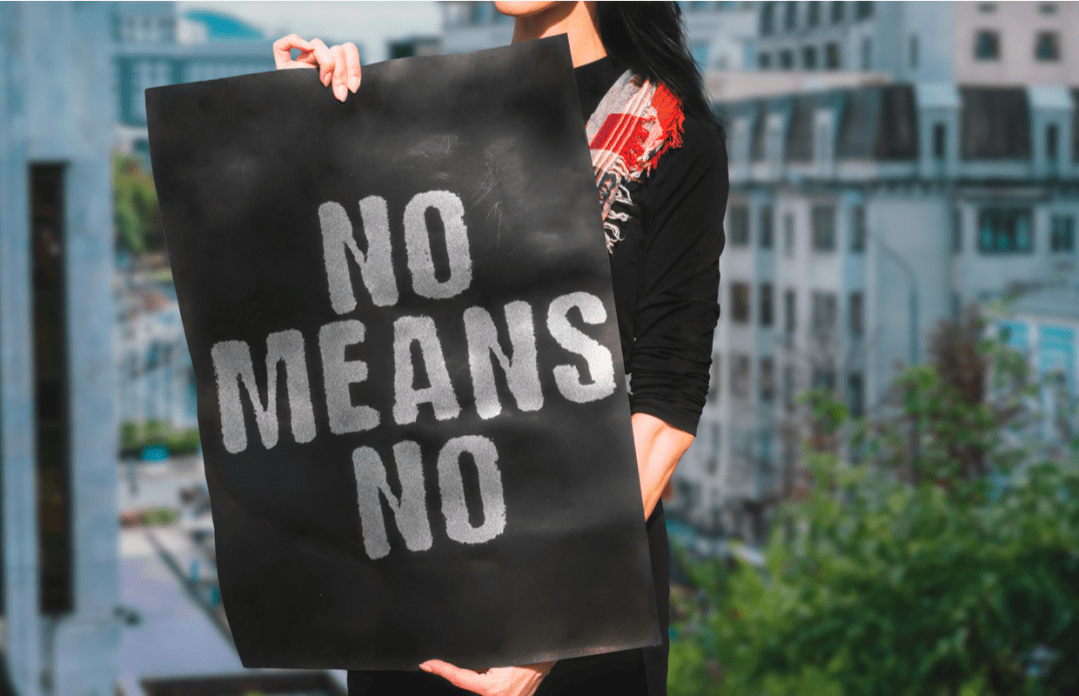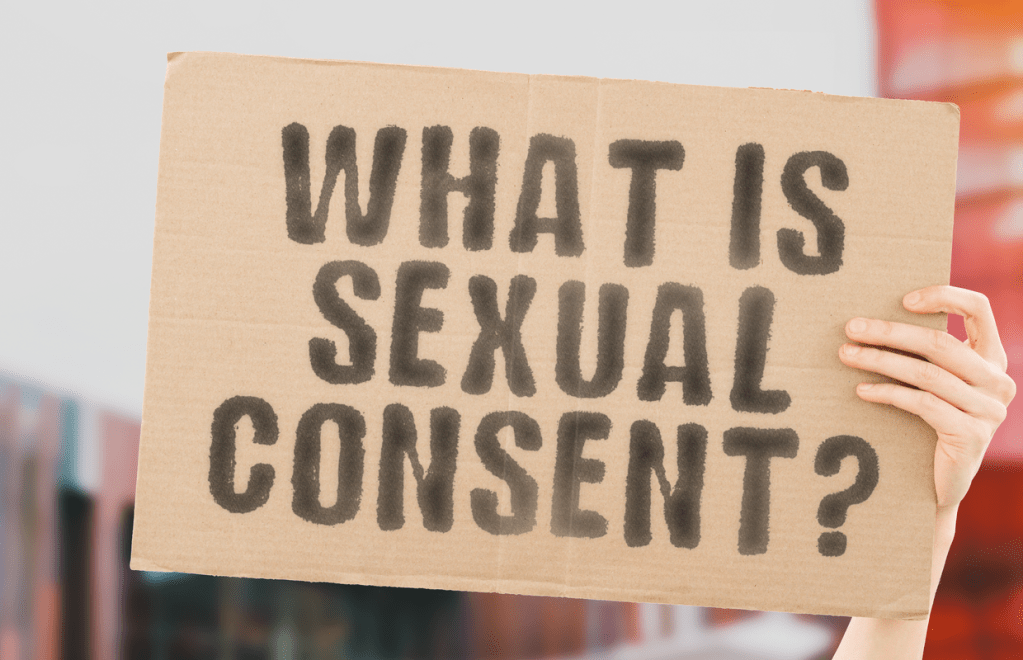What is sexual consent? Why open dialogue is important
UKCP psychotherapist, Silva Neves, discusses what sexual consent is and why an open dialogue about assumptions and consent is important for healthy, empowered relationships...

For years, the true meaning of sexual consent has been skewed. From the joyous presentation of Disney princesses being awoken by a non-consensual kiss to the harmful belief that a man is always ‘up for it’, many people have differing ideas of what constitutes consent, which can cause serious issues within sexual relationships.
UK Council for Psychotherapy (UKCP) psychotherapist, Silva Neves, discusses what sexual consent is and why an open dialogue about assumptions and consent is important for healthy, empowered relationships…
Sex may seem simple and natural, but many people are confused about how to have sexual relationships. The lack of understanding stems from poor sex education. If we taught primary school children age-appropriate lessons around boundaries, respecting differences and expressing yourself clearly, then maybe the overall foundation of how we exist in our sexual relationships would be significantly different.
Sexual consent in the media
The way the media presents consent only reinforces the idea that people don’t need to have conversations around it. In Sleeping Beauty, for example, a story that millions of children know, it is a non-consensual kiss that saves Aurora. These stories tell us that women need to be chosen and, if they are chosen, it is an automatic yes on their behalf. She, therefore, does not get to express what she wants or needs.
This can be true for men too. Many people assume that men are always up for sex. And, when we consider gay relationships, the oversexualisation of gay men reinforces the idea that both partners are usually keen for sex when, actually, there should be a conversation about it. This is important because getting it wrong can leave someone with sexual trauma.

What is sexual consent?
Consent is a clear and assertive declaration of permission, which can be withdrawn at any time. It is only in the here and now. It must be clearly given every time. Saying yes once doesn’t mean that you agree to the same activity another time. Also, an absence of consent does not constitute consent. If someone is intoxicated, they are too impaired to give consent.
Learning how to communicate your wants and needs, and comprehend those of your partner, not only removes the awkwardness around talking about sex, but allows you to better engage in consent-driven conversations, so you feel empowered in your relationships. Having these conversations may seem daunting and sometimes the best way forward is through psychotherapy.
How therapy can help us understand sexual consent
Clients can talk about sexual trauma and consent in the safety of the psychotherapeutic space, and move towards healing, strength and confidence…
1. For someone who has experienced sexual trauma, therapy may be the first time that they break their silence. When I work with these clients, firstly and most importantly, I always believe them and listen to their story in full.
2. Coming to therapy shows strength. I want to ensure my clients know that they are in a secure and supportive environment. I do my utmost to create a place where they can pace themselves and their story to avoid further traumatisation.
3. Sexual consent is empowering. I make it a priority to model consent in my consulting room. Fostering that understanding in the psychotherapeutic relationship allows a client to feelin control of how the relationship unfolds. Also, I never book a second session with a client during the initial consultation. Instead, I give the individual all the information they need and encourage them to go home and sleep on it. That way, they can take their time and feel in control of their choice about whether to re-enter the psychotherapeutic space.

More on sexual consent:
In this accompanying podcast, Doctor Sarah Niblock, CEO of the UKCP and psychotherapist Silva Neves, discuss why consent is more complicated than we think, and why open discussion is necessary for healthy relationships.
Click here to listen to the podcast!





